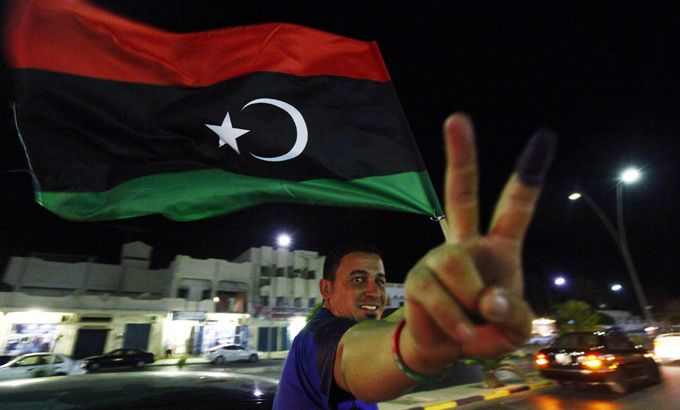
Libyans: Separating religion from politics?
We analyse hints of a new political direction emerging from early results of Libya’s election.
Libya’s first free election has taken place in six decades and counting is under way. Although it will be days before final results are known but some interesting early trends have emerged.
|
“”Here we are all Muslims, and we disagree with anybody who claims he is more Muslim than somebody else. I cannot see a Libyan who would disagree that Sharia will be the major source of legislation.” Sami Khashkusha, a professor of political science |
There is every indication that Mahmoud Jibril’s National Forces Alliance has established an early lead. The alliance is viewed as centrist and non-religious.
Members reject the term secular as virtually the entire Libyan population is Muslim.
And the parties that expressly define themselves as religious appear to be lagging far behind at this stage.
So are Libyans making a conscious choice about separating religion from government? And if so, why? And do these early results really indicate a trend?
Inside Story, with presenter Mike Hanna, discusses with guests: Faraj Najam, an independent national congress candidate, who is also a historian and has authored a book called Tribes, Islam, and state in Libya; and Nabila Ramdani, a Middle East analyst and journalist, who has interviewed the late Gaddafi and his son, Saif Al Islam.
|
Elections are new for us. We never thought about these labels – secular or liberal – we voted for Mahmoud Jibril because he is well known, he stood with the Libyan people from the early stages of the revolution. A Libyan girl |
___________________________________________________________________________________________________
LIBYA’S ELECTIONS
- Libya held first free polls in six decades on July 7
- Last year’s uprising in Libya ended Muammar Gaddafi’s 42-year rule
- Political parties and organisations were banned under Gaddafi’s rule
- Mahmoud Jibril’s National Force Alliance is leading in the polls
- Jibril was among key figures of last year’s revolution
- The Justice and Construction party – the most prominent party to emerge – is a political arm of the Muslim Brotherhood
- Officials estimate turnout for elections was 60 per cent
- 130 political parties registered to participate in the elections and 200 seats are being contested in General National Congress
- There are 2,500 individual candidates registered
- Many of the parties competing were only formed recently
- 3.3 million Libyans eligible to vote in the elections
- NTC: New parliament will not draft a new constitution
- 60-member elected committee will draft a new constitution